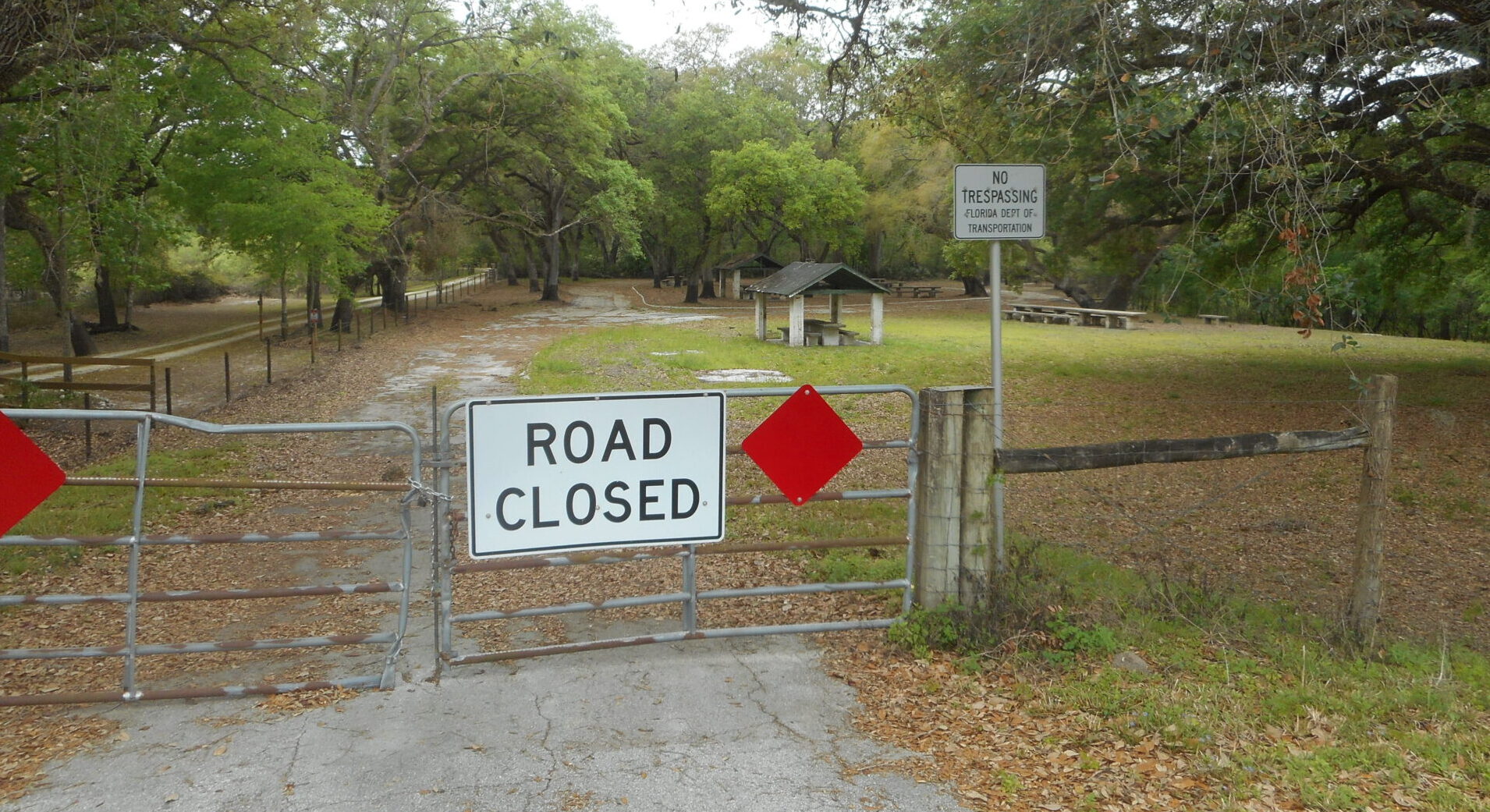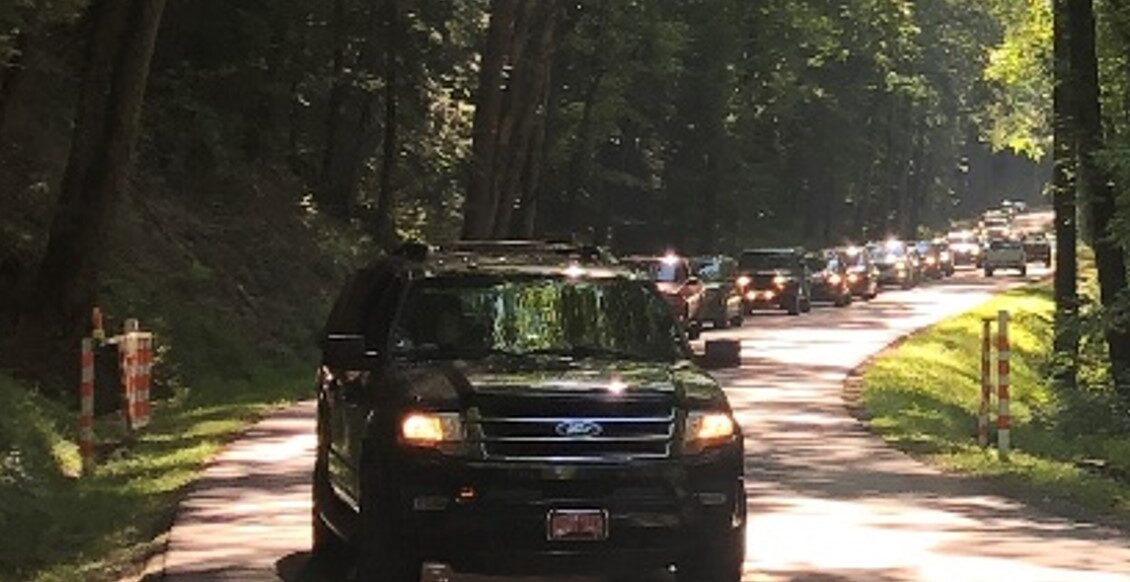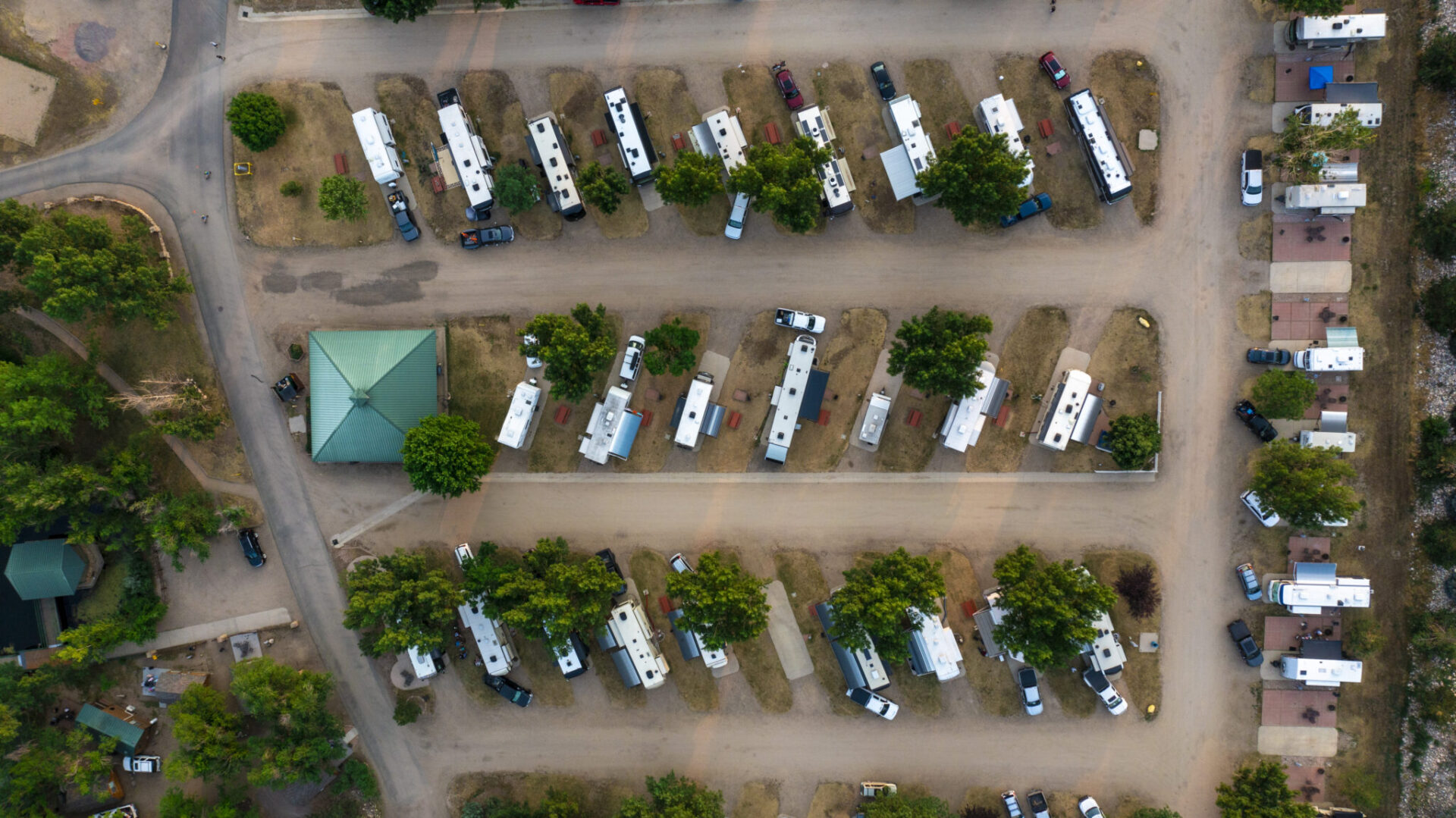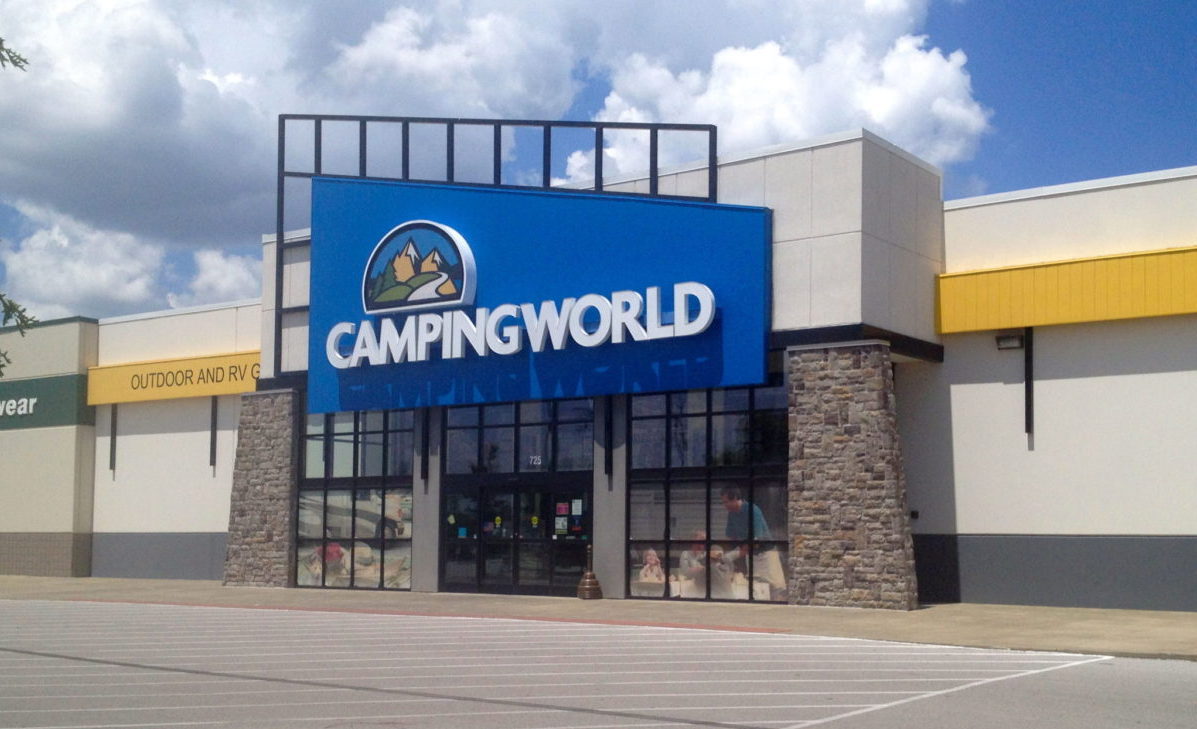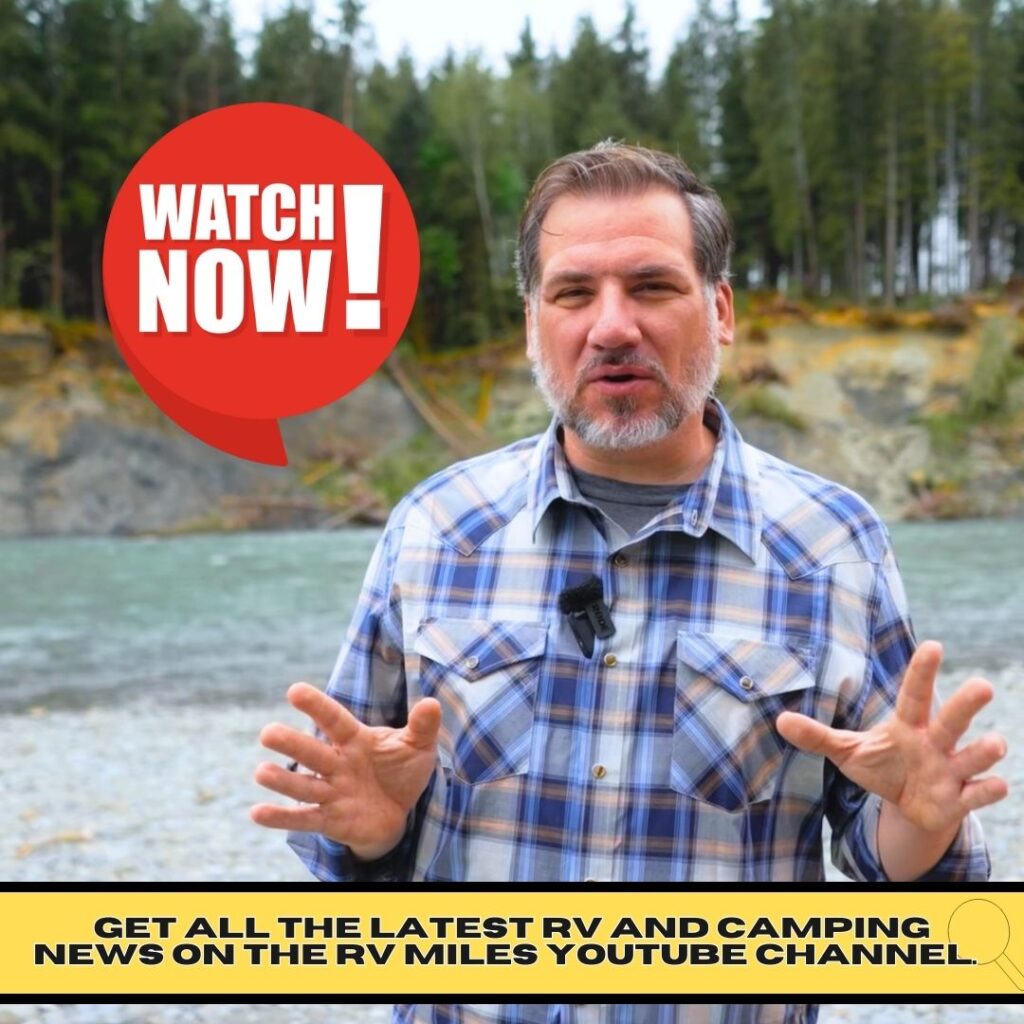By Jason Epperson
As local, state, and federal governments continue to roll out campground closures, more and more RV travelers are being displaced. Is this really the best way to help solve the spread of the Coronavirus?
In a move that may be intended to stave off travel, at least 9 states have closed all state park campgrounds, and countless other municipal parks have been closed. But do government officials understand that 1-2 million people live on the road, and millions of more snowbirds have traveled from their northern homes to warmer climates for the winter?
Jean and Louis Marks had just begun a two-week stay at New Mexico’s Bottomless Lakes State Park in Roswell when they were told that the state’s parks would close. Instead of staying in the state, they made the decision to travel back to their home state of Minnesota. “With the uncertainty over the coronavirus, we planned to stay put in the Southwest as long as we needed to, but all our reservations were canceled, so we’re heading home.”
Instead of “sheltering in place” or continuing their planned warm-weather stays, these closures are surely causing countless other snowbirds and RVers on extended vacations to make the tough decision to travel home prematurely, risking moving the virus around the country, and risking traveling through places with limited options for overnight stays.
Those that aren’t making long treks home are moving to privately operated campgrounds, which are seeing record bookings for this time of year in many areas. So instead of discouraging travel, state park closures may just be forcing RVers to congregate in larger numbers at private parks.
Many of these displaced RVers are moving to dispersed camping spots on BLM land, some of which are very busy right now. These campers need places to dump tanks, fill water, and empty trash. Often a short stay at a state park every week or two fills this need. Or a visit to a highway rest stop, many of which are closing. This could bring about new health and environmental challenges, as irresponsible RV owners dump tanks and trash where they shouldn’t.
Wouldn’t closing off new reservations be a better solution for these difficult times? Perhaps allowing people already in a state park to stay indefinitely, while not permitting new arrivals from out of the area? That way people that need to stay in place and avoid travel as the White House has asked of us can do so, while local residents can get to the healthy benefits of the outdoors and fresh air while practicing social distancing?
Yesterday, I strongly encouraged full-time RVers to “shelter in place,” avoiding travel as much as possible. Today, encourage government-run campgrounds to support these people and consider a more nuanced approach to restricting travel. Otherwise, we’re about to have many more travelers moving this virus around the country as more states close their campground and lodging accommodations.

